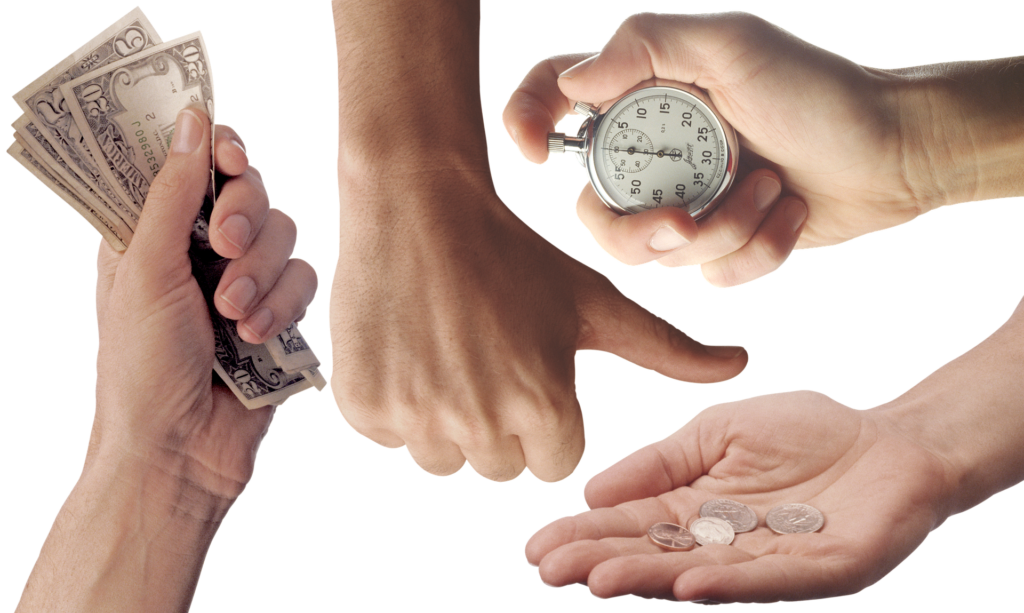
What is a Chapter 13 Bankruptcy Repayment Plan?
Chapter 13, in contrast to Chapter 7, or 11, is a form of bankruptcy which allows a person to repay their debt over time. The typical time frame for the repayment of debt under a repayment plan in Chapter 13 is 3-5 years. The beauty, if bankruptcy can be described as beautiful, of Chapter 13 bankruptcy is that most property that a person would want to keep is typically preserved. For example, often but not always, a person filing for Chapter 13 bankruptcy will be able to keep the primary residence in Massachusetts.
How are Chapter 13 Bankruptcy Payments Calculated?
The attorney representing you in bankruptcy, and the bankruptcy court and trustee are all involved in determining exactly what debt must be repaid under the Chapter 13 repayment plan. As a general concept, the majority of these monthly payments will be comprised of secured debt, while unsecured debt will be represented by a lesser degree.
Secured Debt in Chapter 13 Bankruptcy
Secured debt is debt which is backed up by collateral. The classic example of secured debt is a home, where the mortgagee (the bank or lender) in return for lending you money to purchase the home receives both your monthly payments on the mortgage and a legal right to possess your home through the foreclosure process should that be necessary. In the previous example, the house is the bank or lender’s collateral, and they may possess that collateral should you fail to make payments as agreed to in the mortgage contract or promissory note.
Secured debt typically makes up the bulk of any monthly payment amount due under a Chapter 13 bankruptcy repayment plan. Chapter 13 rolls all arrearages owed to secured creditors into this monthly payment amount as well. In other words, late fees, penalties, and past due amounts are all considered in coming up with what amount the debtor will have to repay in Chapter 13.
Unsecured Debt in Chapter 13 Bankruptcy
Unsecured debt is the amount of money that a debtor owes to a creditor which is not backed up by collateral. The classic example of unsecured debt is debt associated with credit cards. Because a credit card company cannot repossess the items that you purchased with a card should you fail to make monthly payments online, the credit card company lacks collateral, their debt is, therefore, unsecured debt.
Unsecured debt in Chapter 13 bankruptcy is treated differently that secured debt and the total amount of this type of debt that you owed when filing for bankruptcy will likely not be repaid through the repayment plan in full. The Bankruptcy court, your attorney and the bankruptcy trustee will have to consider you monthly income and average monthly expenses to arrive at the amount of money that will be repaid under the repayment plan.
Fees and Commissions
Also included in the money amount that you pay in the Chapter 13 repayment plan will be any administrative charges, the amount of any priority claims, and the bankruptcy trustee’s commission.
Once Bankruptcy in Chapter 13 is Approved
Once the repayment plan has been established it can be difficult to keep focus on all of your financial obligations. If one of the reasons that you filed for bankruptcy or are considering filing for bankruptcy is because you “let your finances get away from you,” then you will need to pay close attention to this section of this article.
- Make all monthly repayment amounts on time and in full
- Make all other payments as expected.
It is number two that can sometimes get people in trouble (although not making monthly repayment amounts established under the Chapter 13 plan will certainly have negative consequences as well). But it is often the “other payments” that are problematic for people. If you have child support or other domestic support obligations, you want to make sure that you are making payments on these obligations according to the schedule ordered by the court or other agreement. If you fail to make child support payments, for example, while in a repayment schedule set up by Chapter 13 you may end up having your bankruptcy dismissed or changed to Chapter 7 which would bring a new host of challenges that you may not have been expecting.
The bottom line in Chapter 13 bankruptcy is to stick to the payment schedule and make payments on all other obligations as well.
DISCLAIMER:
The information provided in the pages and posts of this website are for general informational purposes only. The information presented on this site is not legal advice, and no attorney-client relationship is formed by the use of this site.





